 Ongoing work mainly involves the Public Health and Demography thread. In collaboration with APHRC and KEMRI, we are involved in the case control study, in which we are analyzing environmental and food samples. Human faecal samples from case and control households are taken to KEMRI where microbiological and parasitological work is carried out. Water and food samples from the same households are brought to UoN, Kabete campus where they are cultured for enumeration of total coliforms and Salmonella using 3M Aqua and 3M enterobacterecea petrifilms for water and food respectively. Typical E. coli and Salmonella colonies (6) from each sample are sub cultured in MacConkey agar and biochemical tests done to identify E. coli , Shigella and Salmonella.
Ongoing work mainly involves the Public Health and Demography thread. In collaboration with APHRC and KEMRI, we are involved in the case control study, in which we are analyzing environmental and food samples. Human faecal samples from case and control households are taken to KEMRI where microbiological and parasitological work is carried out. Water and food samples from the same households are brought to UoN, Kabete campus where they are cultured for enumeration of total coliforms and Salmonella using 3M Aqua and 3M enterobacterecea petrifilms for water and food respectively. Typical E. coli and Salmonella colonies (6) from each sample are sub cultured in MacConkey agar and biochemical tests done to identify E. coli , Shigella and Salmonella.
Suspect colonies of E. coli and Salmonella and Shigella are stored in skimmed milk at -20oC for further tests (antimicrobial sensitivity, and identification of genes responsible resistance for E. coli and Salmonella and PCR to group the E. coli isolates into the various enteropathogenic types. Serology will be done to identify various serotypes for Salmonella. As a quality control, we run a known standard culture together with the samples to make sure we get the right interpretation of our results.
We are currently preparing for work involving the Environmental, livestock and peridomestic wildlife thread. In this, with the help of APHRC (who run a DSS—Demographic Surveillance System site) and the local administration in Viwandani and Korogocho slums, we have identified the houses with different types and numbers of livestock (cattle, shoats, poultry and pigs). 216 households have been selected for sampling taking into account the species of livestock and numbers kept. From each household samples to be taken will include faecal samples or cloacae swabs, blood for serum and thick smear from each of the species of livestock sampled. Peri-domestic rodents will be trapped by setting at least 5 traps in each household. The rodents will be dissected at UoN Kabete and samples (fecal samples, intestinal scrappings) cultured and typical E. coli and Salmonella and Shigella colonies subjected to similar tests as described for those in the case control study. Dr. Annie Cooke, a qualified pathologist, has already conducted a training session for UoN staff and students on how to trap and take the samples from the peridomestic mammals.
The going has not been without challenges. We have had problems with procurement but these have been sorted out and we are looking forward to smooth way ahead during this coming exercise. The success of the lab work has been as a result of a hardworking team of Lab technicians (Lucy Nyoroka Gitonga, Beatrice Wandia Muchira and Johnstone Nyongesa Masinde) under the supervision of Nduhiu Gitahi and three MSc students (Drs, Mercy Cianjka Gachuyia, James Macharia and Ezara Aondo Ochami). Dr. Stella Kiambi who was introduced in the first issue is also part of the team. The technical staff at the Department has also rendered a hand during the stage. We look forward to them assisting us in the future.
The Zoonotic and Emerging Disease group studies a range of epidemiological issues revolving around the domestic livestock, wildlife and human interface


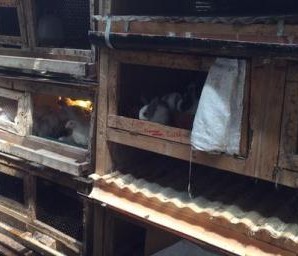

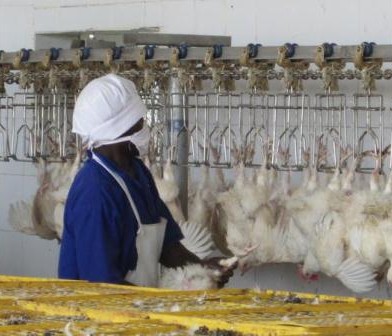
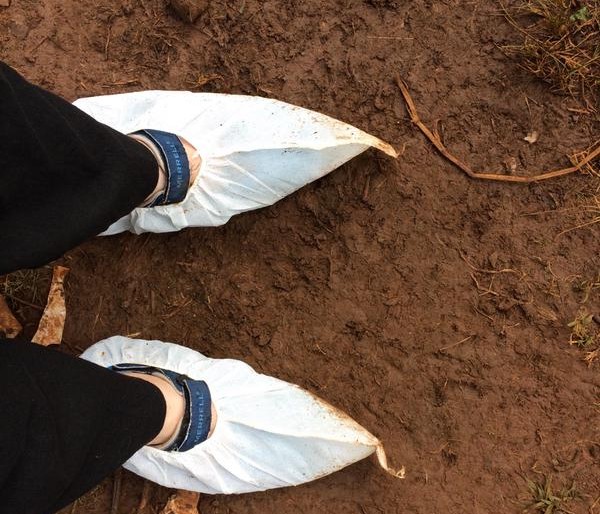
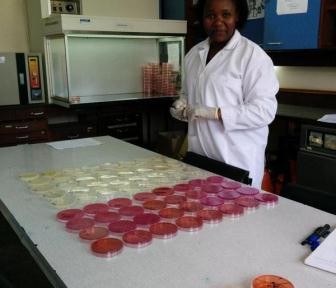

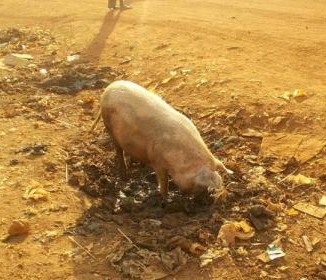

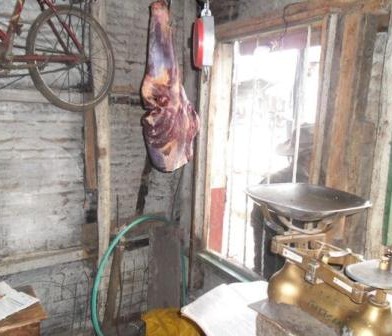
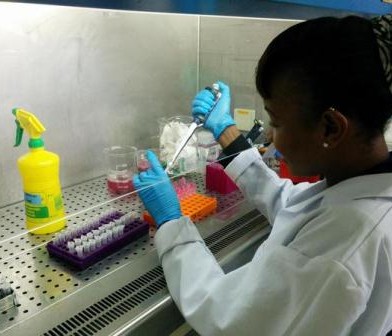
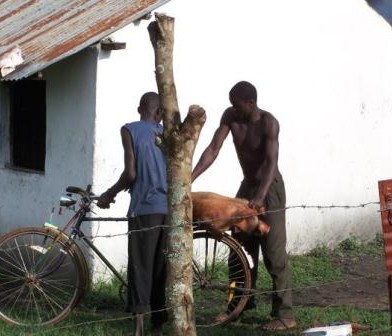
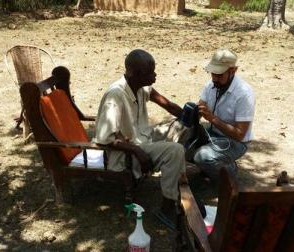
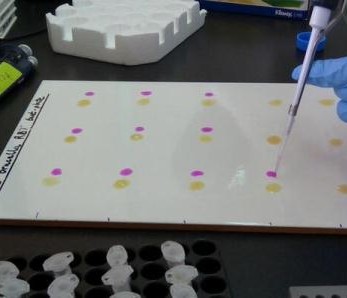
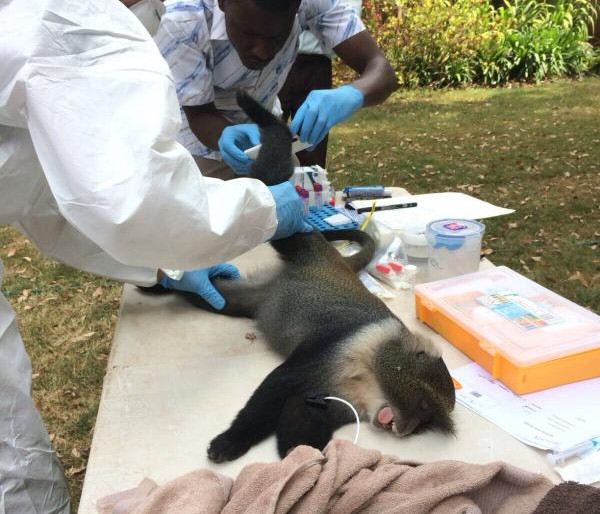
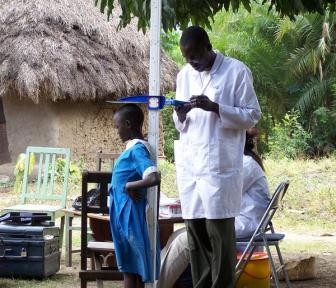
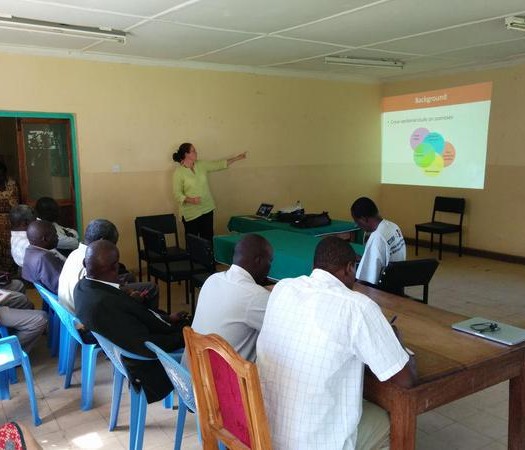
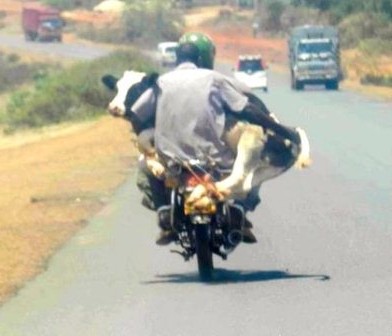
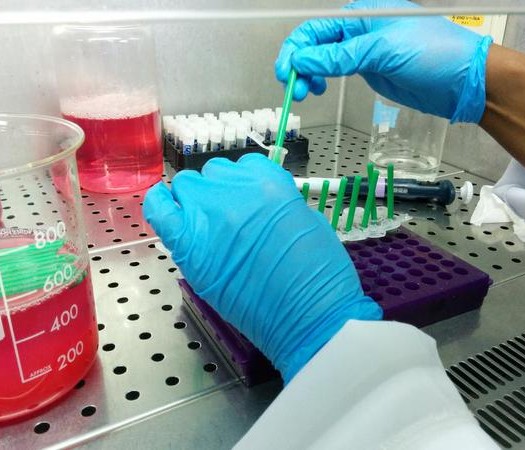
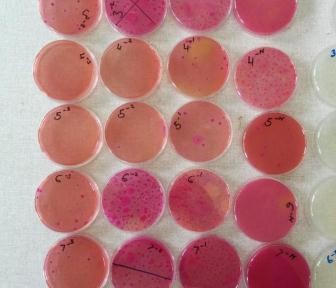
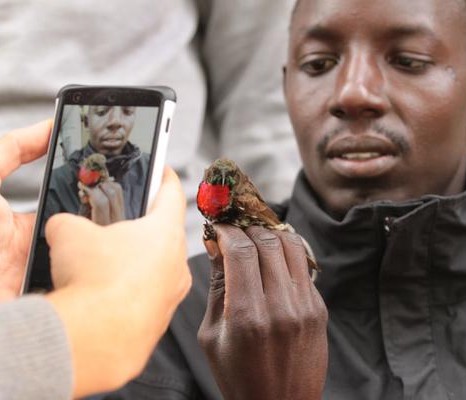
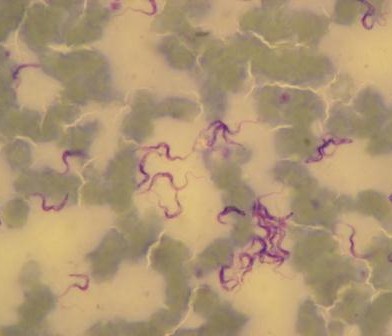
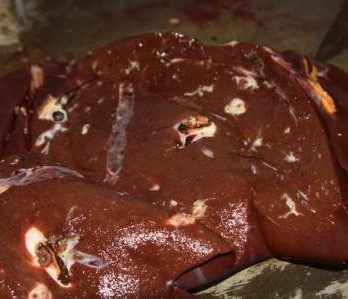
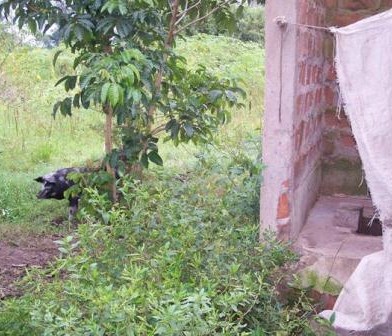
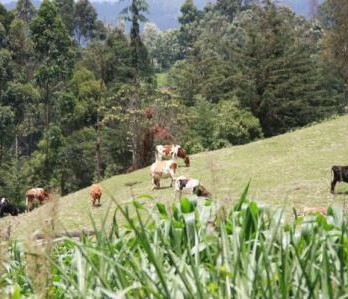
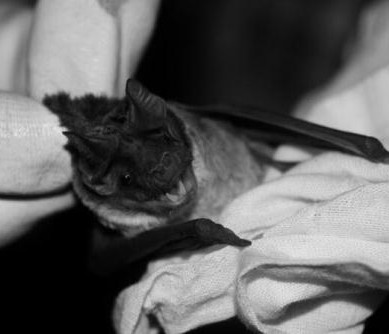
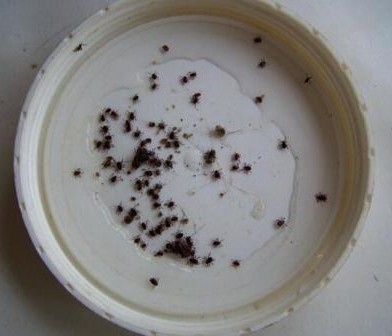
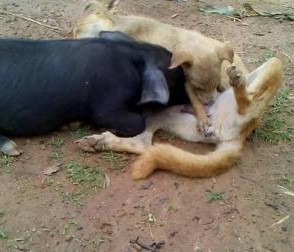
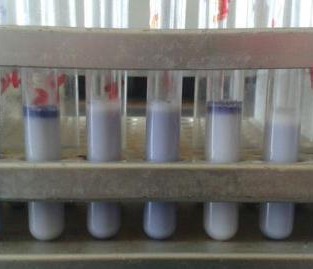
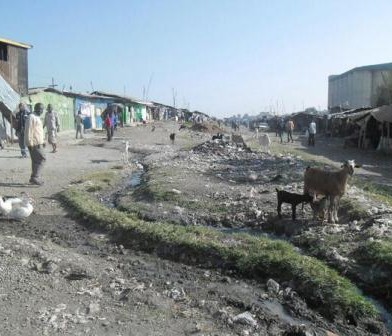
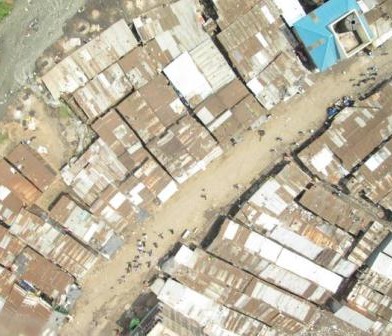
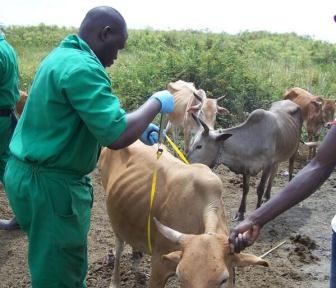
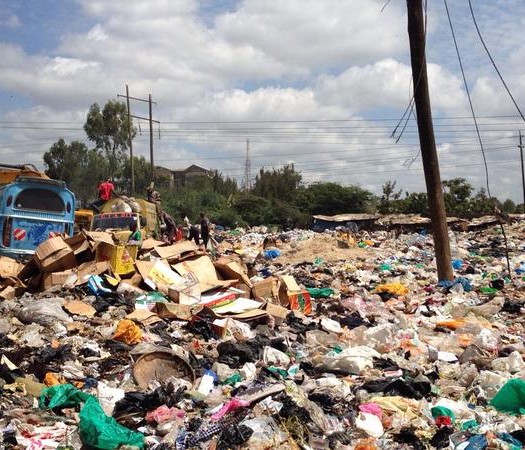
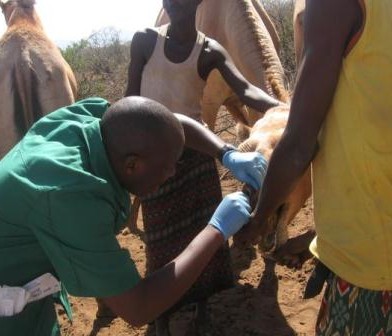
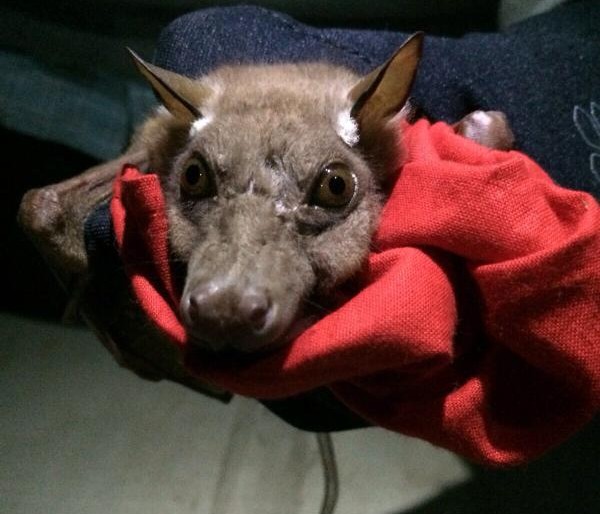
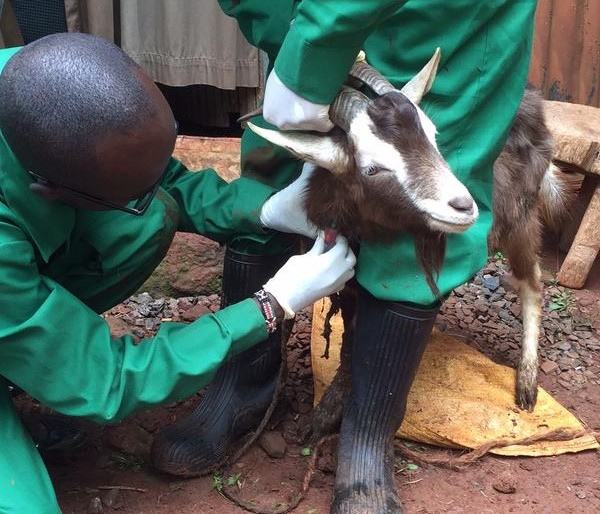
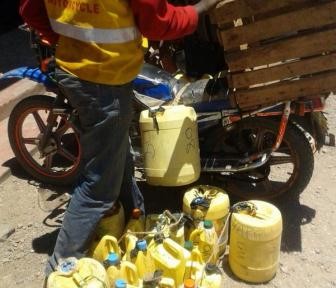
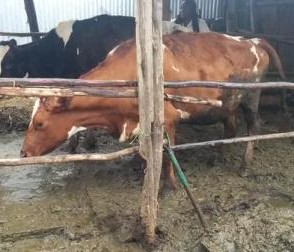
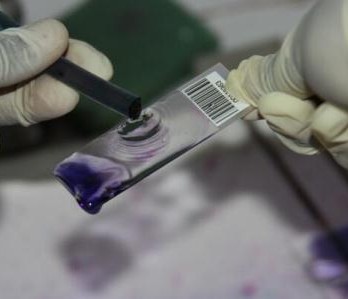
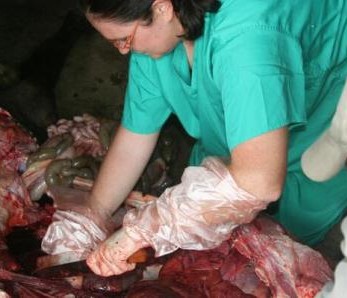
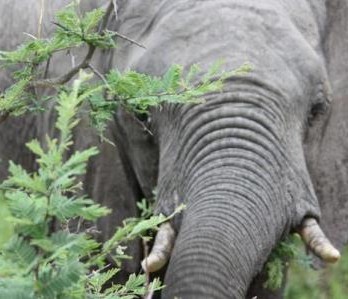
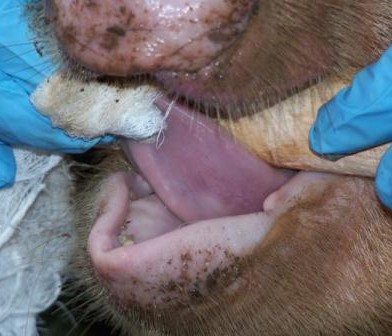

You must be logged in to post a comment.